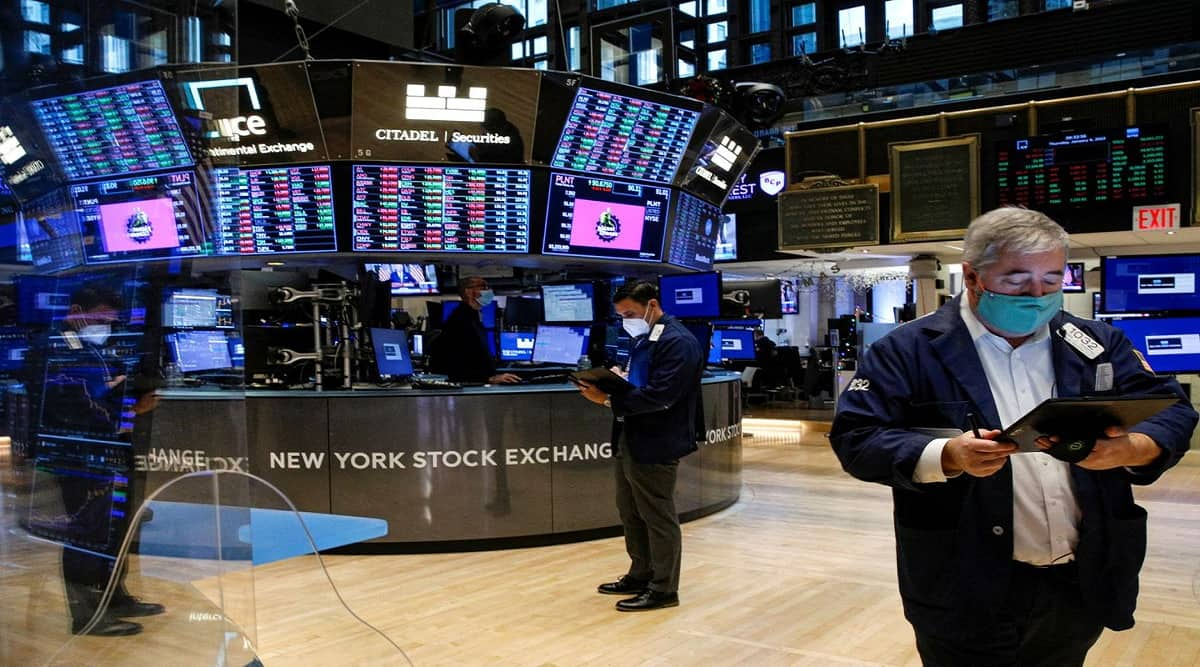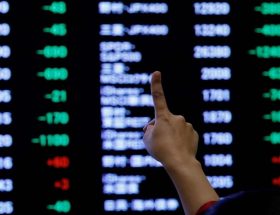
Investment strategy during coronavirus: Here’s how select stocks, sectors may earn maximum gains
With almost two months of coronavirus lockdown restrictions, Indian share market has been impacted adversely due to economic fallout. The headline indices BSE Sensex and Nifty 50 have been witnessing a bumpy ride since the COVID-19 spread its wings. The 30-share Sensex hit a record high of 42, 274 during the start of the year then plunged to a 52-week low of 25,638 in March. It has risen 25 per cent in two months to hit 32,000-mark. While investing during these tumultuous times in the share market, Sony Mathews, Senior Market Strategist at Geojit Financial Services, advises investors to exercise caution and adopt a staggered investment approach. While no sector in India can be COVID-19 proof, Mathews believes that some sectors will be less impacted by the pandemic than others. Here are the excerpts of Sony Mathews’ interview with Surbhi Jain of Financial Express Online.
1. As bears wreak havoc in equity, should investors keep on investing in the market?
The impact of Covid-19 on the economy cannot be accurately gauged because of the uncertainty that still persists. Similarly, it is difficult to predict the recovery process. Globally too, renewed trade tensions between the US and China threaten to derail the positive news of economies reopening after prolonged lockdowns. Therefore, investors must be cautious about investing in this market. They should be stock specific in this market. It is better to focus on quality large caps and selected mid-caps and invest in a staggered manner.
2. Many economies are easing lockdown restrictions, Is it a time to buy energy, and oil and gas stocks? Which sector do you think has the potential to pick-up?
Commodity stocks are showing positivity driven partly by the stimulus measures announced by governments and partly due to renewed Chinese demand. Revival in Chinese demand boosted the commodity market sentiments since China is one of the largest consumers of commodities. Hence, growth in Chinese demand is essential for the commodity markets to move up.
No sector in India can be termed as Covid-19 proof. It is just that some sectors are relatively less impacted by the virus than others. We feel that speciality chemicals and agri sector along with consumption stocks, including FMCG, have the potential to recover faster than others. Blue-chip private sector banks may outperform public sector banks. Insurance companies also look positive because the sector is still under penetration in India and people will be more cautious about health and life eventualities in the post-Covid scenario.
3. What is your near to medium-term outlook for the share market? What are your preferred stocks for three months to six months investment target?
Earning commentary for this quarter is expected to be a washout for companies. Even before the spread of Covid-19, one thing that dogged Indian markets was the weak corporate earnings and recovery. This will again be the biggest factor impacting markets, at least for the next 2-3 quarters. Till companies recover from the virus shock and demand revives there will be volatility. We expect a range of 8800 to 9000 in the downside and 9300 to 9500 in the upside for Nifty in the current scenario. If the viral infection escalates then the markets will be impacted much more.
Stocks may be chosen based on their recovery potential, earnings visibility, management strength (including pledge and leverage) and balance sheet strength. Once the economy starts showing signs of recovery, there will be more stock ideas to invest in at a good rate. HDFC Bank, PI Industries, SBI Life Insurance, Mahanagar Gas, Pidilite are some of the stocks we are positive on.
4. What are major triggers for the markets going forward and what should be the investment strategy during the time of uncertainty?
A major trigger will be infections peaking out in India or even better will be the news about the development of a vaccine (low probability in the near term). This is because, in spite of the lockdown, the infection rates have kept on increasing and this brings huge uncertainty to the markets. The other trigger will be sector-specific stimulus packages rather than liquidity packages by the government. It is true that reforms announced till now are fiscally responsible and are good on a long term basis, but may not be ideal for immediate relief and considering the enormity of the crisis. Normal monsoon will also spread a feel-good factor in the market.
Small caps might take longer to recover, and large caps could benefit first when we start emerging out of this crisis. Stocks which have corrected 40% to 50% may still not be a buy since corporate or financial mismanagement could be a reason behind this fall. Instead of buying a large number of shares of these underperforming stocks, which may never recover, it would be better to accumulate a few shares of good quality companies. This may not be a good time to be adventurous and we would prefer that investors focus more on quality and stay cautious, at least in the near term. Invest in a staggered manner (do not invest in one go) and the time horizon of investment should be a minimum of 1 year to 2 years.
(The stock recommendations in this story are by the expert of respective research and brokerage firm. Financial Express Online does not bear any responsibility for their investment advice. Please consult your investment advisor before investing.)








